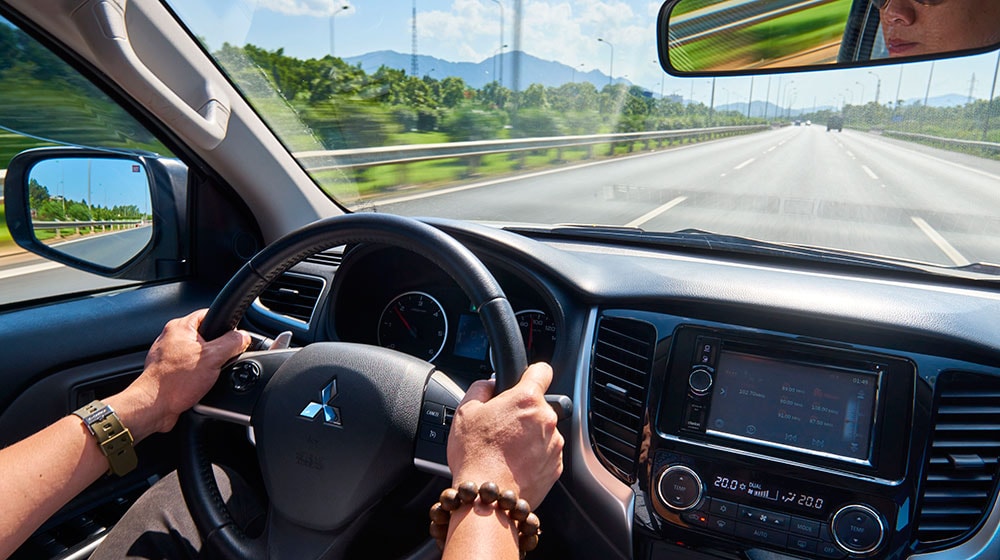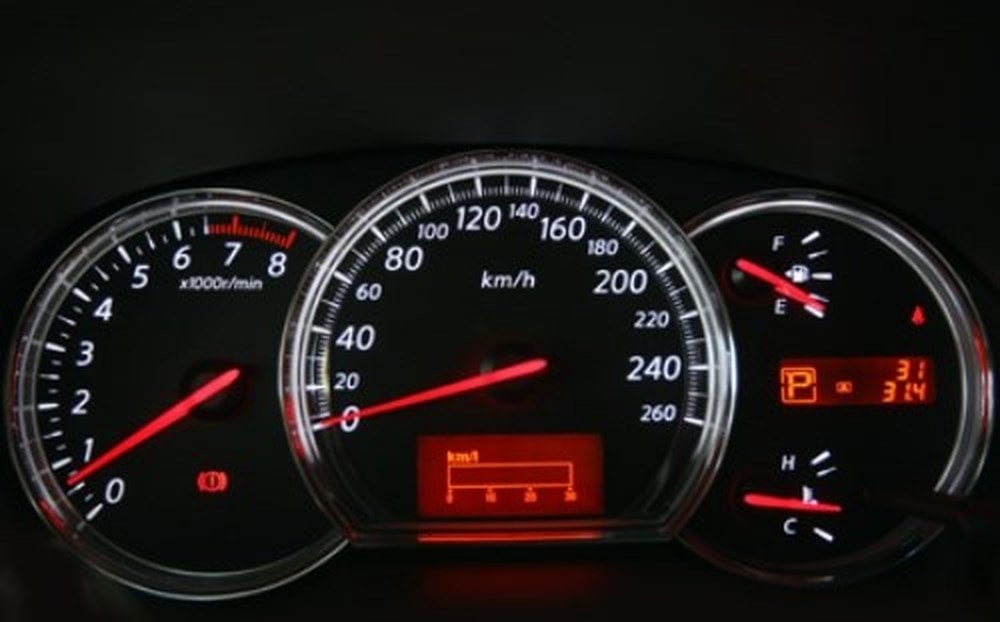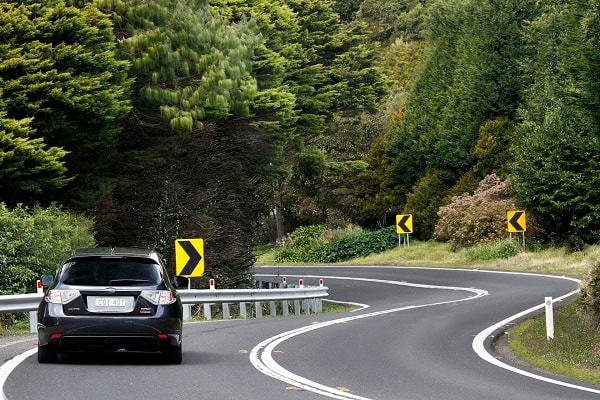8 skills to drive a car safely on steep mountain passes
(Baonghean.vn) - Driving through steep mountain passes is always a big challenge, even for experienced drivers. The following skills will help drivers have a safe trip through these "death" roads.
1. Check and maintain your vehicle before each trip
 |
Before each trip, it is necessary to have the vehicle inspected and maintained for systems and vehicle details to ensure stable and smooth operation for long trips; especially checking the brake system, brake fluid quality, tire condition...
In addition, it is also necessary to check the wiper system, air conditioner, exhaust pipe, car lighting system, horn, check engine oil, windshield washer fluid... to ensure everything works well when needed.
2. Remember the principle of "up old - down young"
 |
Use the gear that is appropriate to the slope of the pass. If the gear is too low, it can overheat the engine, and if the gear is too high, it can easily cause loss of control. Shift in and out of gears according to the principle of "up old - down young", which means when climbing, shift up later, and when going downhill, shift down earlier than when driving on a flat road. Try to keep the engine running in a low gear and "up - down".
3. Do not brake continuously
When driving on steep slopes, many people tend to use the brakes continuously to slow down. However, this is a bad habit and driving skill for the vehicle. Continuous braking will cause the brake pads to heat up, leading to loss of friction, possibly burning the hub and reducing the effectiveness of the brakes.
To slow down when going downhill, you should practice using gears and brakes. The brakes work best after downshifting or when you need to slow down urgently. However, even when you have to use them to slow down, you should avoid sudden braking, especially when the car is cornering.
4. Avoid hugging the dividing line
 |
The conditions of steep mountain roads are often narrower than flat terrain roads. Driving on these roads requires flexibility to ensure safety for yourself and oncoming vehicles.
When driving on a steep road, pay attention and give way to larger vehicles when cornering... Use your horn or flash your lights to warn other vehicles when visibility is limited.
5. Be careful when overtaking on mountain passes
 |
In any road condition, when needing to overtake, you must pay attention and signal to the vehicles in front to ensure the overtaking process is safe. Overtaking on steep mountain passes requires more attention due to the continuous curves, limited visibility and steep slopes that require more power.
When overtaking, pay attention to the road, ensure there is enough safe space to overtake, signal the vehicle in front and shift gears appropriately to have enough power to overtake; limit "double overtaking" (overtaking 2-3 vehicles at the same time) when not really sure.
6. Observe the dashboard and coolant temperature.
 |
When driving on steep slopes, the car's engine will work "harder" than when driving on flat roads, the engine cooling system works at full capacity to ensure the car does not overheat.
Therefore, it is necessary to observe the engine coolant temperature to be at a safe level. If the engine is too hot, you should stop the car on an empty road with clear visibility to rest before starting again.
7. Pay attention to slopes and curve signs.
 |
Observing the slope of the road and curve signs helps you anticipate the upcoming road and control the accelerator and gearbox accordingly to safely overtake.
8. Avoid sudden braking and stopping
When you intend to stop to rest, or encounter a beautiful scene that cannot be missed, observe the vehicles behind, turn on the turn signal to notify other vehicles that you want to stop; Avoid sudden braking or stopping, which will cause the vehicles behind to not be able to handle it in time, easily causing an accident.
Avoid corners with poor visibility and narrow roads that obstruct other traffic. Turn on your hazard lights when necessary to ensure greater safety when stopping on mountain passes.


